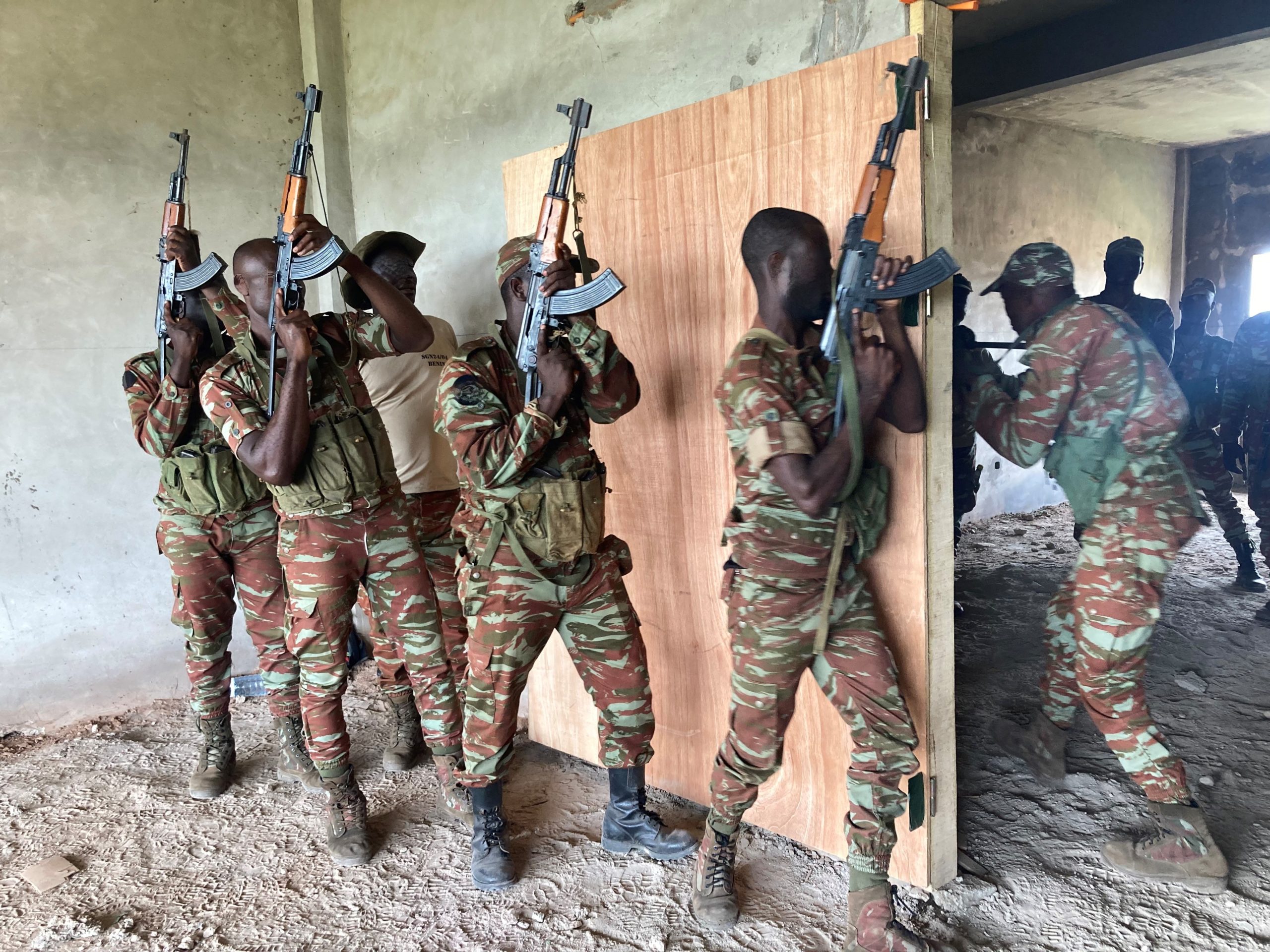
What’s Brewing in Benin? Security Collaboration in the Gulf of Guinea

The Gulf of Guinea has drawn attention from Western states in recent years due both to increasing spillover of violent extremism from the Sahel and because of Sahelian military juntas’ shift of security partners from Western countries to Russian actors. Indeed, as three Sahelian states experienced five coups during the past years and gradually ousted their former security partners, starting with France, followed by the UN (in Mali) and the EU and the US (in Niger), the Gulf of Guinea countries’ relative stability and geopolitical positions have attracted new attention from external actors. Benin, neighboring both Burkina Faso and Niger, saw attacks by jihadist groups crossing the borders in the North of the country already in 2019. Although expanding relatively slowly, between 2021 and 2024, the number of attacks grew, forcing the government to invest more resources in counter terrorism efforts and reflect on more immediate ways to counter the expansion. Out of the Gulf of Guinea countries, Benin has so far been the hardest hit, and recorded a doubling in the number of recorded fatalities (to 173 deaths) over the past year. A figure which remains small in comparison to neighboring Sahel states, but which still indicates an increase.
In spite of these attacks and the adoption in 2019 of a new electoral code limiting political opposition parties, Benin has remained relatively democratic and stable. Such stability has attracted old and new security partners to increase collaboration, both to counter terrorism and because of the expulsion from the Sahel countries. The US, France and Belgium have all intensified security collaboration with Benin over the past few years, while the EU has launched a new, regional CSDP initiative in the Gulf of Guinea. African states have also showed interest for Benin, with Rwanda offering to send troops bilaterally for counter terrorism purposes, similar to its operations in Mozambique.
This policy brief aims to explore Benin’s security situation and international partnerships in the security domain, while identifying current and future challenges to such collaborations. The conclusion argues that Western and multilateral actors should maintain discrete collaboration but be cautious not to overburden Benin with their presence as absorption of new capabilities and capacities take time, and as a too heavy presence of Western security actors can become a burden rather than an advantage for the government. External actors should also continue to support recent efforts by the authorities to open up the political landscape to maintain its long-standing democratic tradition.
CLICK “VIEW PDF” BELOW FOR ACCESS TO FULL POLICY BRIEF
(Photo credit: Nina Wilén)